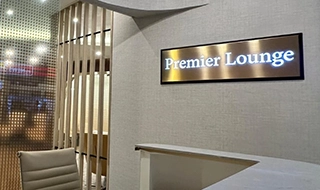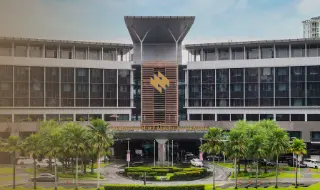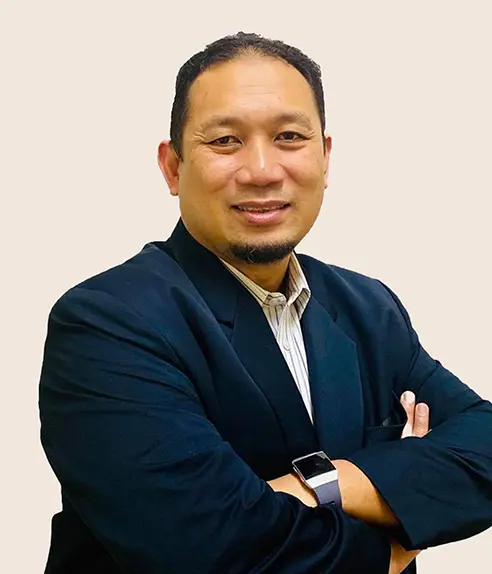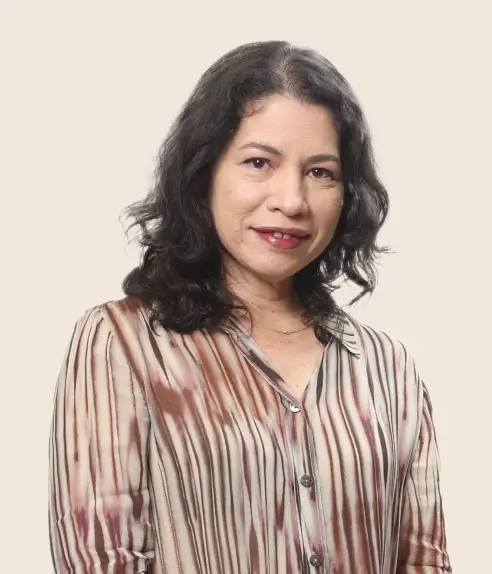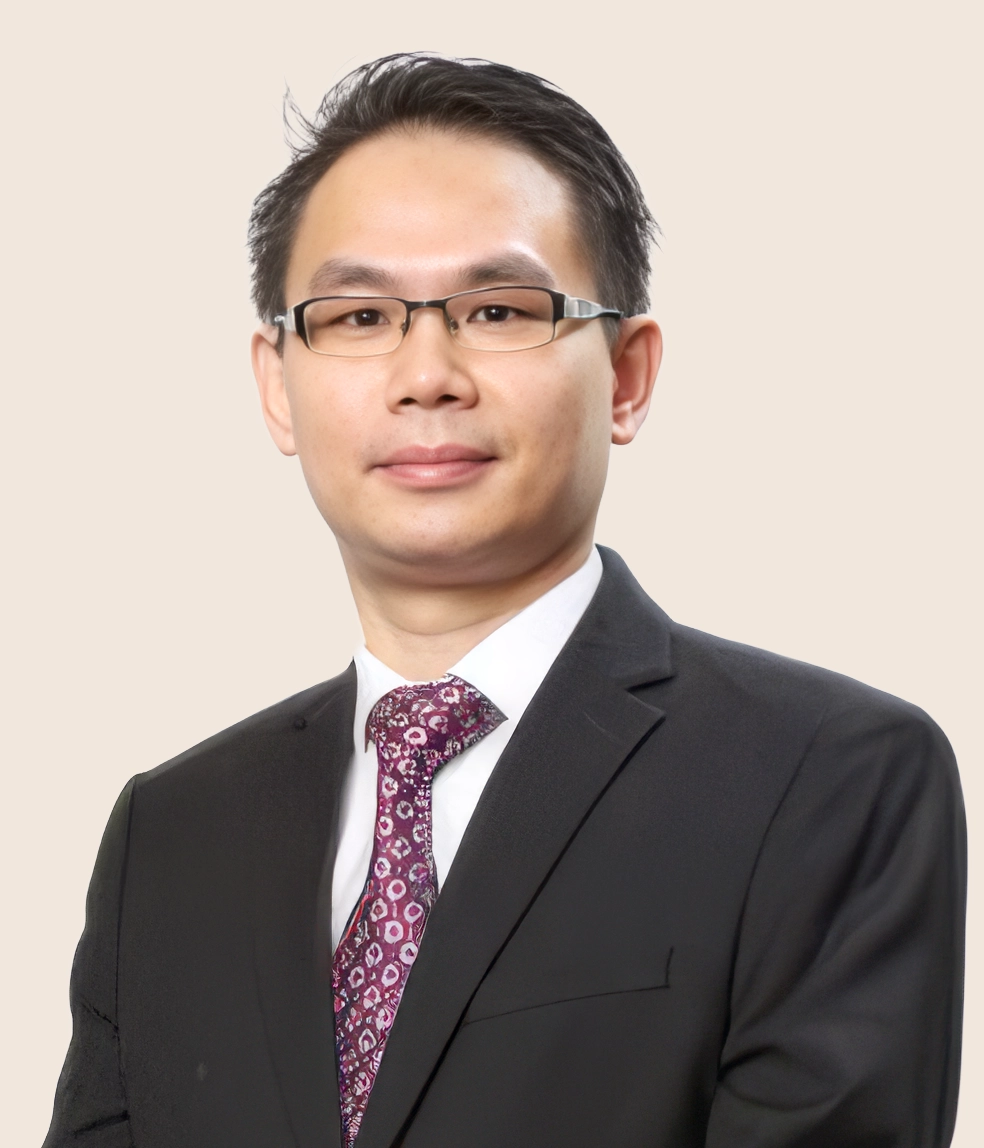What Is Neurology?
Neurology is a medical specialty focused on the diagnosis, treatment, and management of diseases involving the central nervous system (brain and spinal cord) and the peripheral nervous system (nerves and muscles). Our neurologists use advanced diagnostic tools and evidence-based therapies to manage both acute neurological emergencies and long-term, progressive conditions.
You may benefit from seeing a neurologist if you are experiencing:
Difficulty moving or controlling certain body parts, including involuntary movements
Weakness, heaviness, or fatigue in your limbs
Difficulty walking or rising from a seated position
Tingling, electrical sensations, or persistent numbness
Sleep disturbances (insomnia, excessive daytime sleepiness, non-restorative sleep)
Speech or language difficulties (slurring, stuttering, word-finding issues)
Persistent dizziness, vertigo, or headaches
Seizures or episodes of loss of awareness
Chronic, unexplained pain
Memory loss or changes in cognitive function
Common Neurological Conditions
Our Neurology team treats a wide spectrum of neurological disorders. These include cerebrovascular conditions, neurodegenerative diseases, movement disorders, neuromuscular disorders, epilepsy, headache disorders, and sleep-related conditions.
Conditions requiring surgery (e.g., aneurysms, AVMs, brain tumours) are comanaged with the Neurosurgery team.
Cerebrovascular & Structural Brain Disorders
Stroke (ischaemic and haemorrhagic)
Transient Ischaemic Attack (TIA)
Brain aneurysm
Arteriovenous malformation (AVM)
Brain tumour (medical management, symptom control, pre/post-surgery care)
Neurodegenerative Disorders
Alzheimer’s disease
Dementia (all types)
Parkinson’s disease (medical management)
Other neurodegenerative diseases (e.g., ALS, Huntington’s disease)
Epilepsy & Seizure Disorders
Neurologists perform diagnosis and long-term medical management; surgical cases are referred to neurosurgeons.
Movement Disorders
Essential tremor
Dystonia
Parkinson’s disease (movement symptoms, medication optimisation)
Gait disorders and abnormal movements
Headache & Facial Pain Disorders
Neuropathy & Neuromuscular Disorders
Sleep-Related Neurological Conditions
Other Neurological Conditions
Memory disorders and cognitive impairment
Autoimmune & inflammatory conditions (e.g., Multiple Sclerosis)
Functional neurological disorders
Neurological Diagnostic Procedures
Accurate diagnosis is essential to managing neurological disease. Our neurologists use specialised tests to assess electrical activity, nerve and muscle function, cerebrospinal fluid analysis, and brain or vessel imaging.
Below is a deeper explanation of each procedure:
Angiography
Uses contrast dye and imaging to create images of the blood vessels in the brain and other parts of the body to detect aneurysms, arteriovenous malformations (AVMs), vessel narrowing, or vascular malformations.
EEG (Electroencephalography)
A test that records the brain’s electrical activity by using small electrodes attached to the scalp. This is useful for diagnosing epilepsy, seizures, encephalopathy, and sleep disorders.
EMG (Electromyography)
A test that measures electrical activity within muscles to identify myopathy, neuropathy, and motor neuron diseases.
Lumbar Puncture
A procedure in which a needle is inserted into the spinal canal to collect cerebrospinal fluid (CSF) for analysis to diagnose infections (e.g., meningitis), inflammation, multiple sclerosis, or intracranial pressure abnormalities.
Nerve Conduction Studies
Evaluates the speed and strength of electrical signals in nerves, used for neuropathy, radiculopathy, and nerve compression conditions.
Transcranial Doppler (TCD)
A non-invasive ultrasound technique that measures cerebral blood flow velocity through major brain arteries. Useful in stroke assessment, head trauma, and monitoring vasospasm.
One of the Best Neurology Centres in Malaysia
Expertise and Specialisation
At Prince Court Medical Centre, our neurologists provide comprehensive clinical assessment and long-term management for both acute and chronic neurological conditions. This includes:
Detailed neurological examinations
Tailored medication management
Monitoring of disease progression
Prevention of future neurological events
Guidance on rehabilitation and lifestyle modification
We take a holistic approach, addressing the physical, emotional, and social aspects of neurological disease to support your overall well-being.
Advanced Technology
Prince Court Medical Centre is equipped with cutting-edge neurodiagnostic and imaging technology that supports accurate detection and effective treatment.
Advanced Imaging Modalities
Technologies such as computerised tomography (CT) Scan, magnetic resonance imaging (MRI), and positron emission tomography (PET) scan enable early diagnosis, precise localisation of disease, and effective treatment planning while protecting vital neurological function.
Collaborative Care with Rehabilitation Medicine Specialists and Therapists
Neurological conditions often require long-term rehabilitation to restore strength, mobility, and independence. Our neurology specialists work closely with a dedicated team of Rehabilitation Medicine specialists, physiotherapists, and occupational therapists.
To facilitate your rehabilitation journey, we have equipped our facilities with state-of-the-art equipment and modern technologies:
Hydrotherapy (Temperature-Controlled Pool)
Provides a therapeutic environment that supports gentle, low-impact movement for patients with neurological weakness, stiffness, or mobility limitations.
Lokomat Robotic Treadmill Training System
Provides robotic-assisted gait training for conditions such as stroke, spinal cord injury, Parkinson’s disease, and neuromuscular disorders. It enhances walking ability, balance, and motor control through repetitive, targeted therapy.
Our multidisciplinary approach ensures each patient receives a personalised rehabilitation plan aimed at improving daily function and long-term quality of life.










